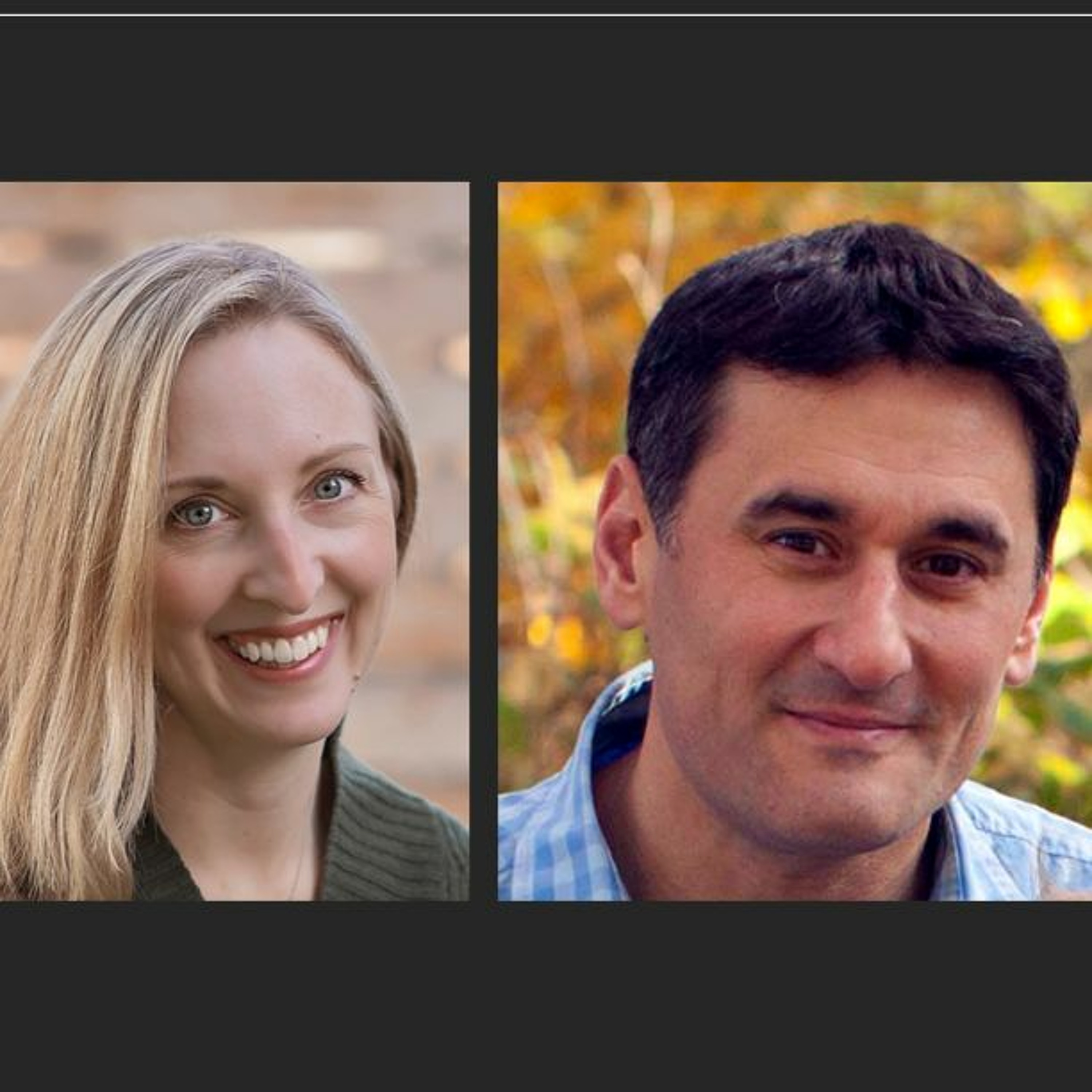Catching the problem early: The early stages of lung cancer initiation & melanoma drug resistance

Two American Cancer Society grantees\u2014one with a recent publication on the early mechanisms of lung cancer initiation, the other with a new study out on the development of melanoma resistance during the earliest phases of treatment\u2014joined the podcast for a conversation about catching the problem early.\n\nThis conversation is geared for a scientific audience, until the last few minutes.\n\nSabrina Spencer, PhD, is Associate Professor of Biochemistry at University of Colorado, Boulder. She recently published a study in Nature Communications on \u201cMelanoma subpopulations that rapidly escape MAPK pathway inhibition incur DNA damage and rely on stress signaling:\u201d https://www.nature.com/articles/s41467-021-21549-x?elqTrackId=2842c2f36cc243139afc4151f4f48ee6.\n\nXaralabos (Bob) Varelas, PhD, is Associate Professor of Biochemistry at Boston University School of Medicine. He recently published work in Proceedings of the National Academy of Sciences of the United States of America titled, \u201cAberrant epithelial polarity cues drive the development of precancerous airway lesions:\u201d https://www.pnas.org/content/118/18/e2019282118. \n\n1:08 \u2013 Dr. Varelas on his recent study, which offered insights into mechanisms that drive the onset of lung squamous cell carcinomas\n\n4:20 \u2013 Dr. Spencer asks clarifying questions about how they disrupted the polarity\u2026\n\n5:08 \u2013 \u2026and whether the Crumbs3 mutation occurs in patients or was a way to initiate the system\n\n7:56 \u2013 A provocative question from Dr. Spencer: \u201cwould that mean that a precancerous lesion would be a candidate for treatment with some of these clinically approved drugs?\u201d\n\n9:25 \u2013 \u201cCan you connect increased ERBB signaling to actual increased cell cycling?\u201d\n\n10:48 \u2013 Dr. Spencer talks about her interest in the origin of drug resistance in cancer and her recent paper, which focused on melanoma\n\n20:15 \u2013 Dr. Varelas asks how broadly applicable these findings are to other cancers\n\n22:10 \u2013 \u201cWhy do you think some of the cells escape? Is there an underlying difference in the cells to begin with? Or are some cells randomly taking on some kind of adaptive mechanism?\u201d\n\n28:11 \u2013 The impact of American Cancer Society funding on their research